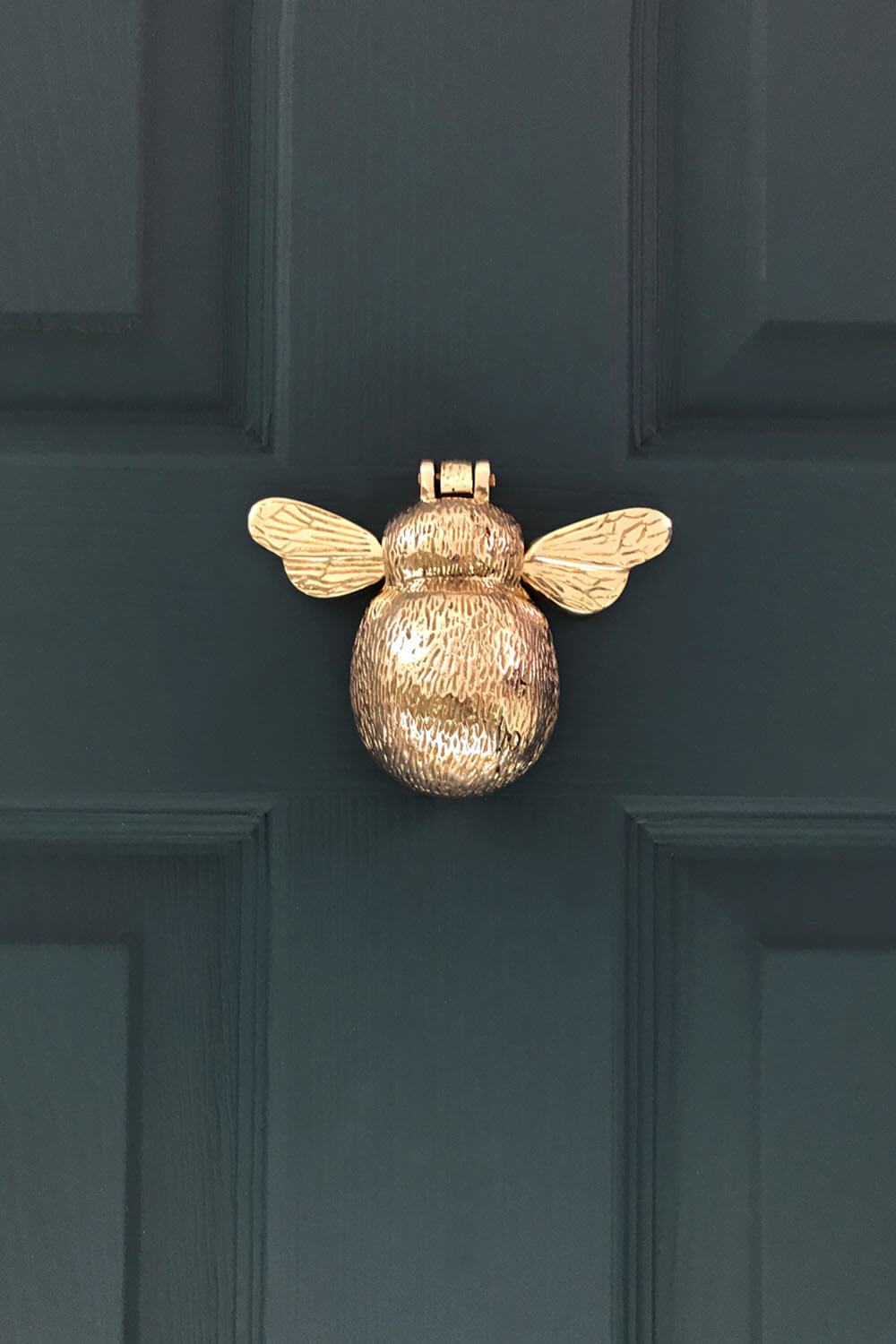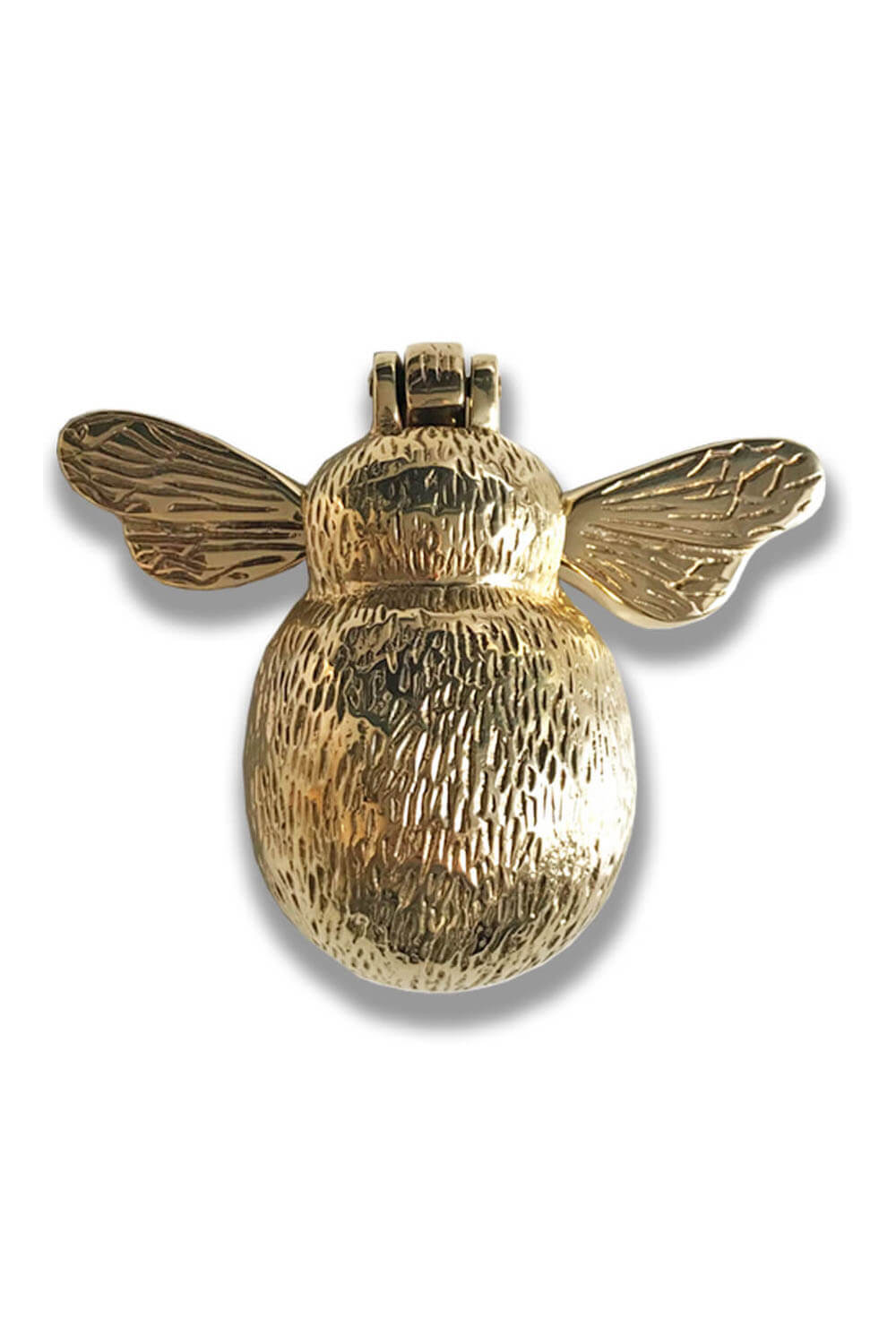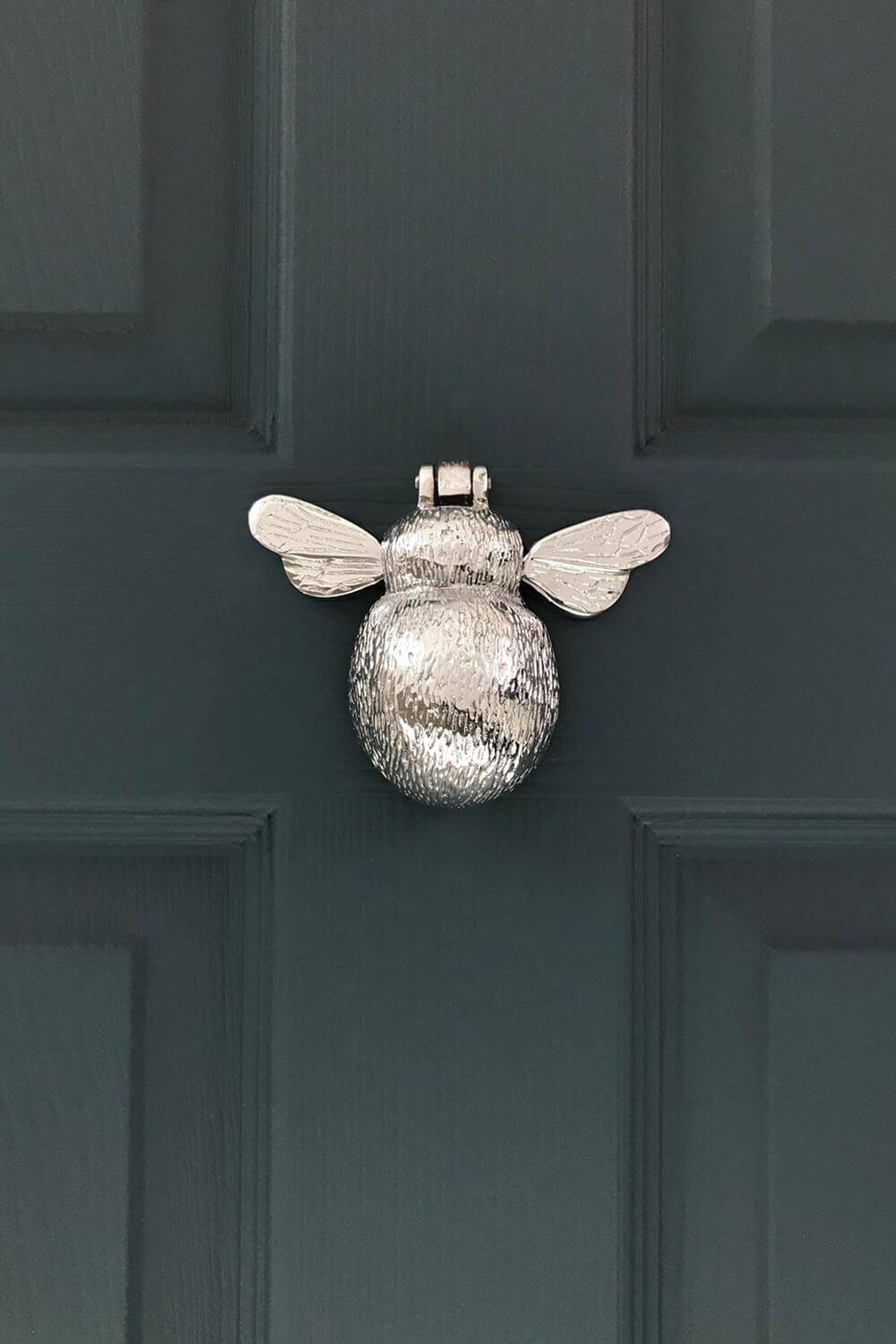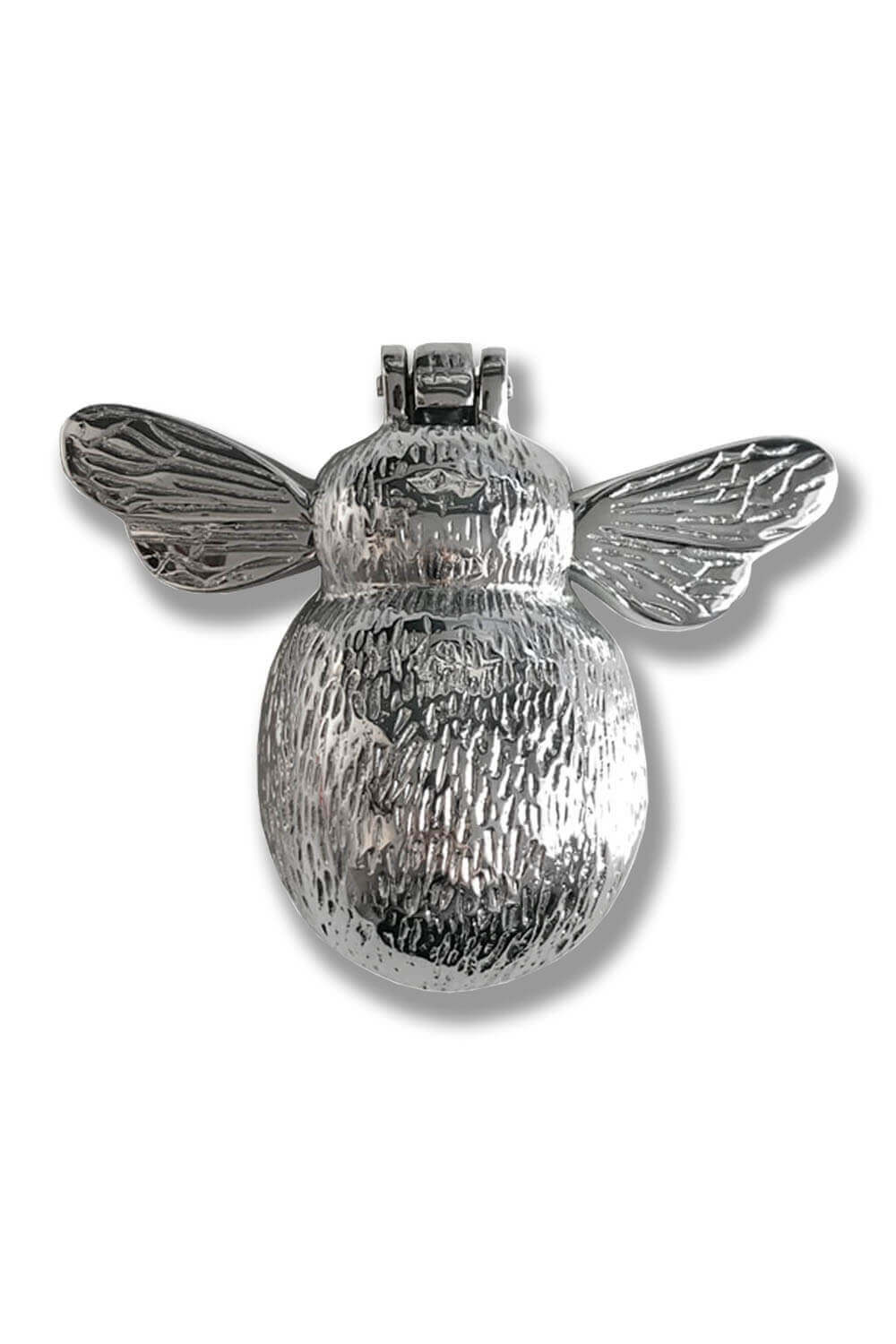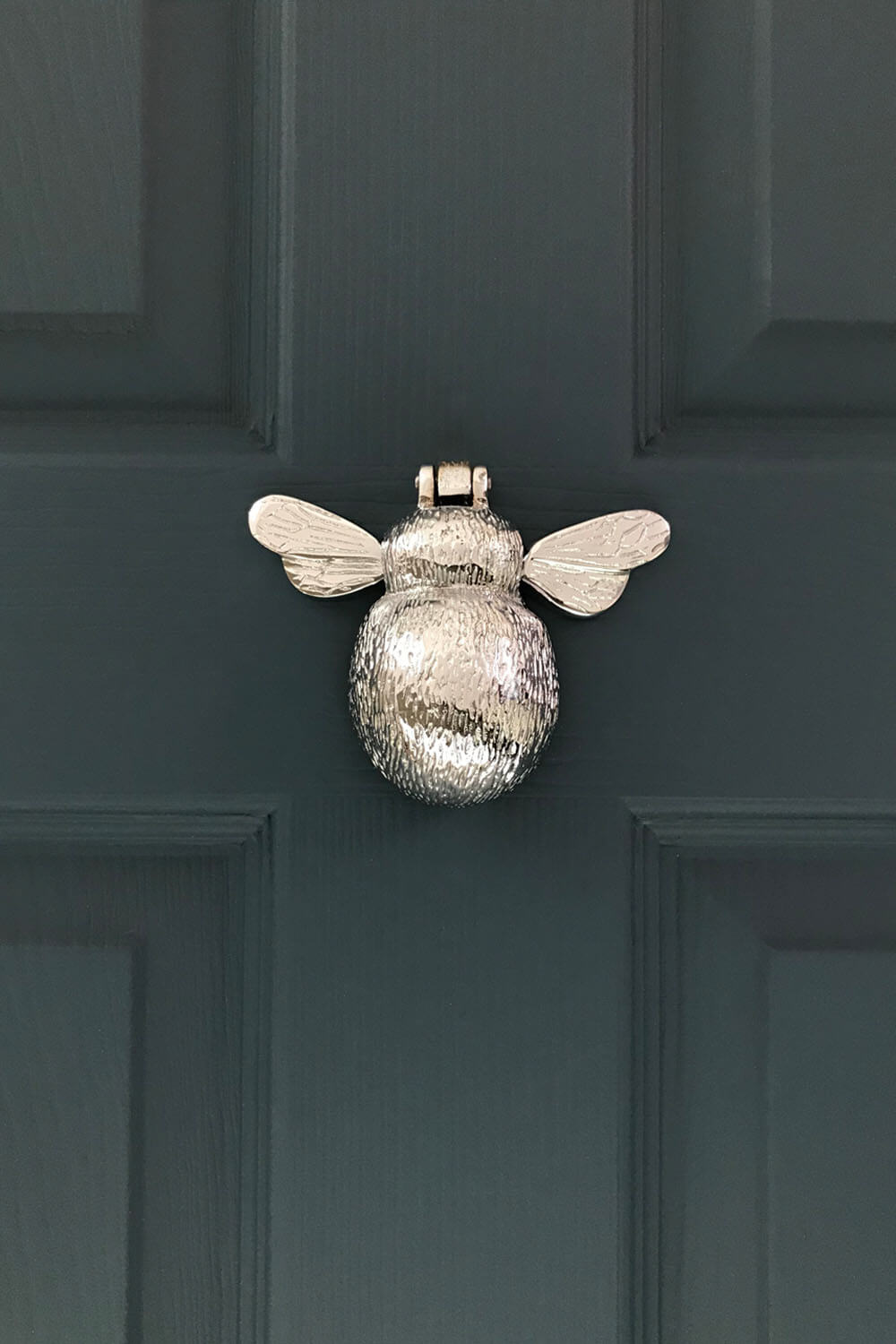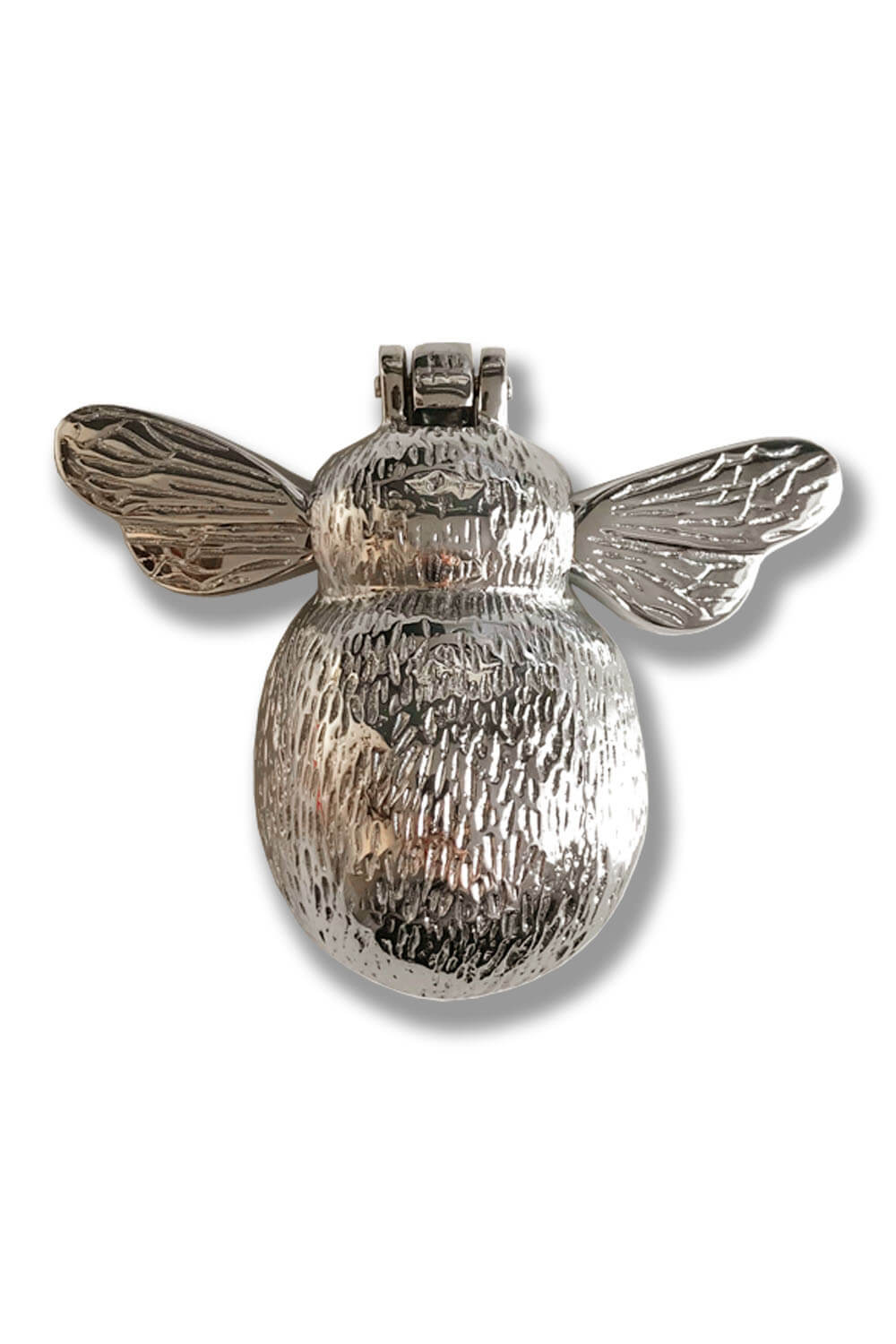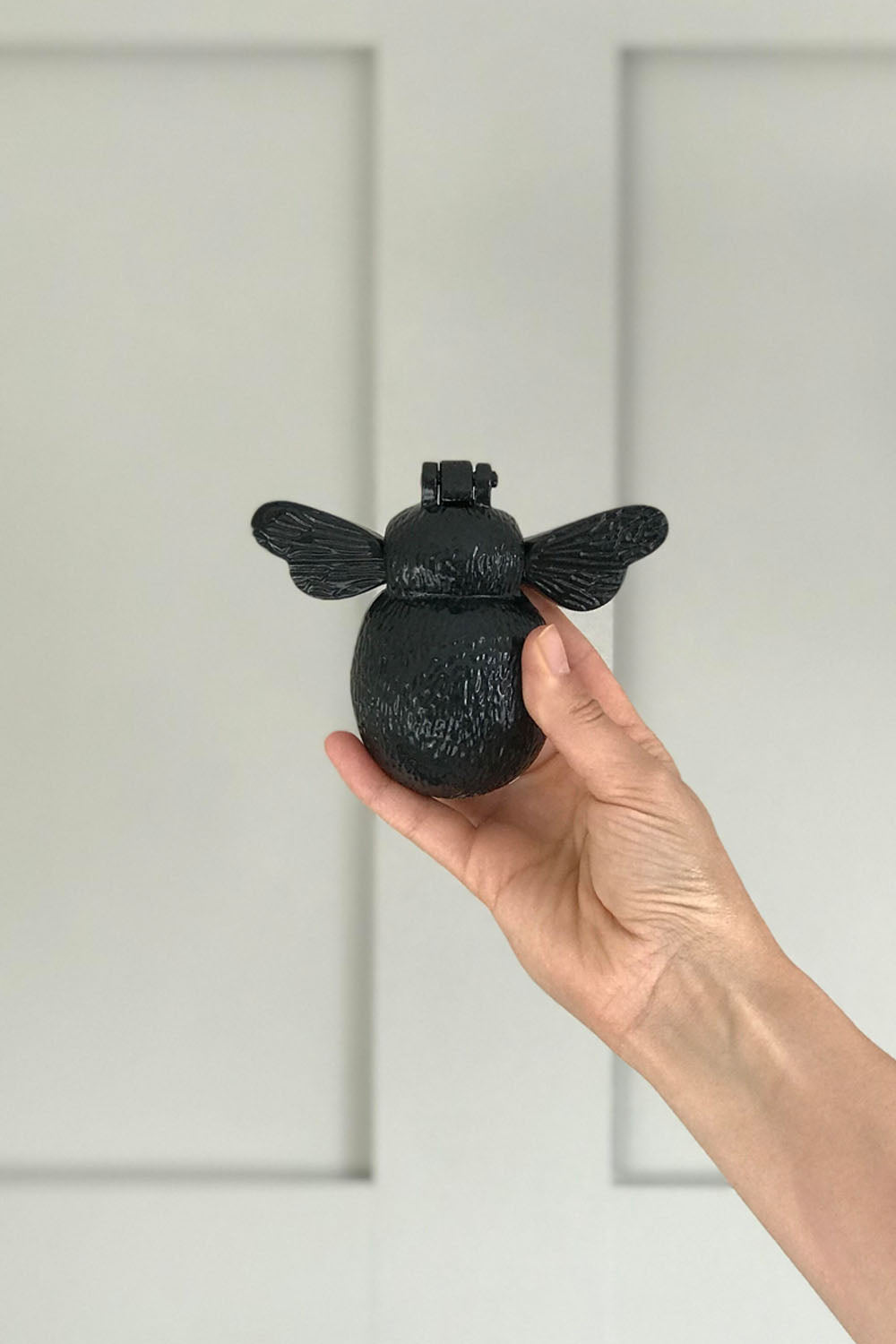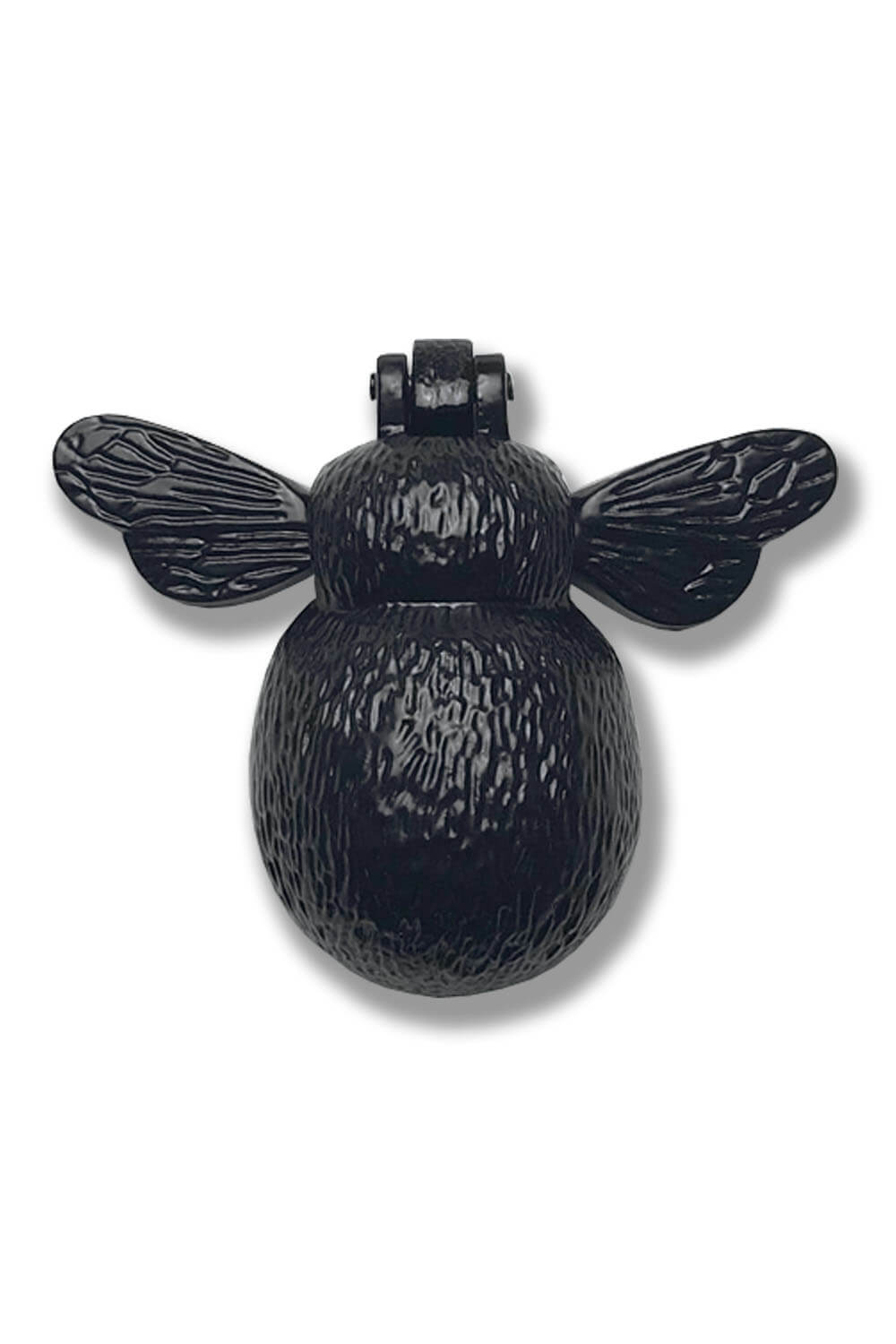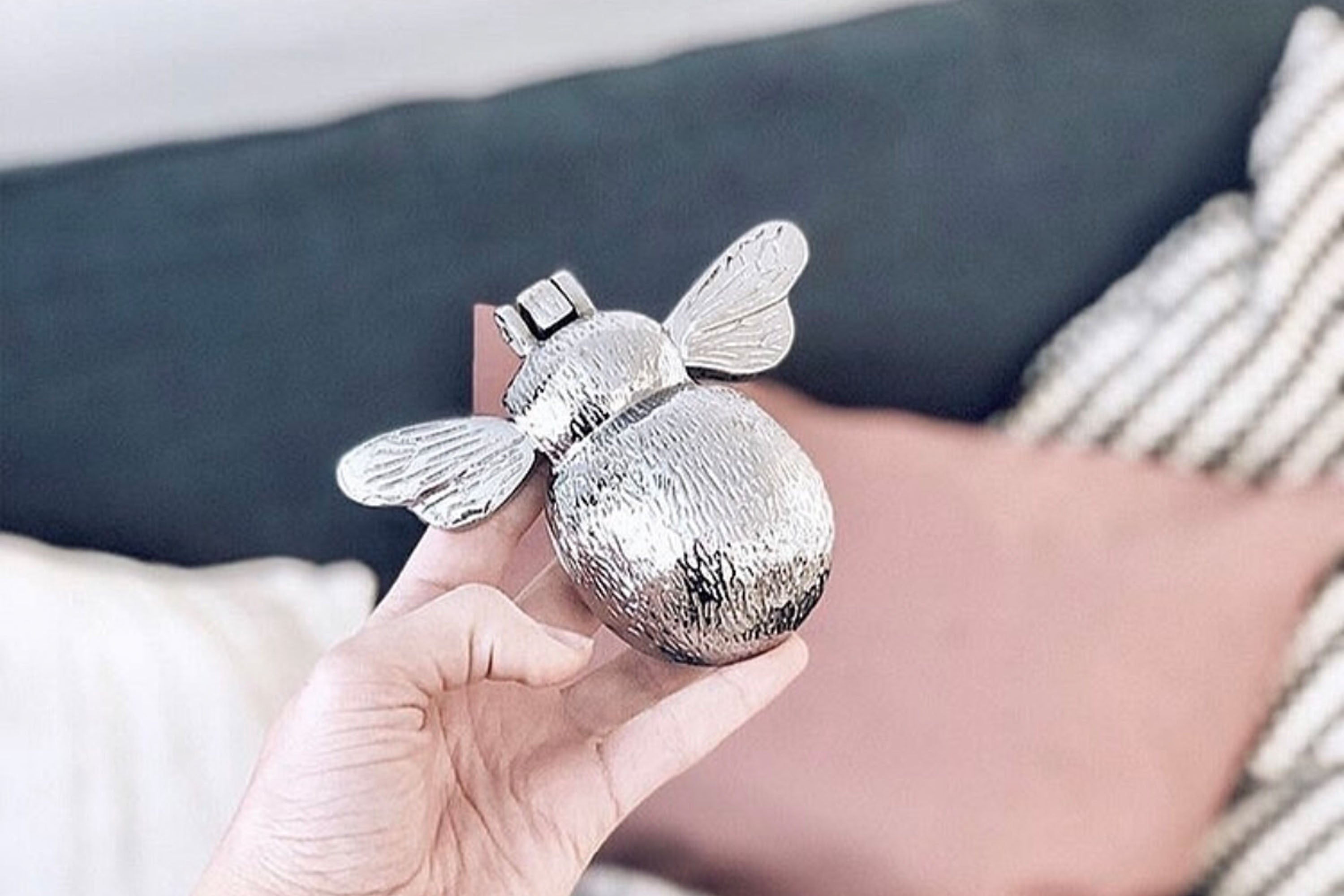
How To Choose The Perfect Door Knocker
Is it time your house got some kerb appeal? The front door is one of the first things guests see when they arrive to your home and it can be a great conversation starter! Door knockers are a fantastic way to add character and charm to the entrance of a property, as well as being a practical addition to the door. In this guide, we will cover everything that you need to consider to help enable you to choose the perfect door knocker for your property.
I have a doorbell, why do I need a door knocker?
Even if primarily you and your guests use a doorbell, a door knocker is still a useful addition to your door. Firstly, doorbells are electronic devices that can stop working as a result of a power-cut or an electrical fault. Therefore, having a door knocker on your door enables someone to always make a sound, a knock! Not only are door knockers practical, they can also be very decorative and will add an extra touch of charm to the exterior of your home; they're a great way to impress your guests!
Choosing the right door knocker for you and your home
There are a number of factors that will need to be considered before choosing the right door knocker for you and your home, from the material and design of your door to the finish of your door furniture. If you follow the below steps, we're confident you'll choose the perfect door knocker.
1. Choose a door knocker thats right for the material of your door
The first key step in choosing the right door knocker is to identify what the material of the door that you will be fixing the door knocker to. The material of the door can have a big impact on the type of door knocker you select. There are two main types of door knocker fixings that are suitable for different door materials:
-
Surface mount fixing - This style of door knocker is securely screwed in from the front of the door with screws and no fixings are visible on the inside of the door. This style of door knocker fixing is suitable for use on wooden, PVCu and composite doors. You may struggle to fit this door knocker style to a hollow metal door as the screws will have no internal material to grip to.
-
Through the door fixing - This style of door knocker is securely attached with bolts that go through the whole door. This fixing requires a hole being drilled all of the way through the door and nuts attached from the inside of the door. This style of door knocker fixing is suitable for use on all door types, including wooden, PVCu, composite and hollow metal doors.
2. Consider the design and shape of your door
The design of your door can impact the door knocker that you choose. There are many different front door designs, however there are a number of common door designs that require different considerations when selecting a door knocker:
Flat Solid Door
If you have a solid front door with little or no features, you can generally fit any style of door knocker, in any position on the door. If you have a flat, solid front door then you will need to determine the correct height to attach your door knocker to the door. Too low or too high and it will become difficult for guests to use. Ideally, a door knocker should be fitted at eye or shoulder level, approximately 1.5 metres from the ground.
Glass Panel Door
If your front door features glass panels, then you need to consider where your door knocker will be fitted. If your door has glass panels then you need to consider where your door knocker is fitted along with the shape and size of the door knocker. As an example, if you have two glass panels and a solid strip between them, you should consider the width of the door knocker to ensure it does not protrude out over the glass.
3. Choose a finish to compliment your door furniture
It seems obvious, but a useful rule of thumb is to select a door knocker that matches the finish of your door furniture; the handle, lock and letterbox plate. As an example, if you have a brass handle or house number you may want to match it with with a brass door knocker. The majority of door furniture has one of four finishes; brass, black, chrome and nickel; and as a result most door knocker designs match these finishes.
4. Consider your personal style and the style of your home
The door knocker that you choose should ideally remain in keeping with the personality of your home, whilst also showcasing your own personal style.
The door knocker finish that you choose can help it blend into the style of your home. Brass or iron hardware is better suited to an older period property that features a traditional front door, whereas chrome and nickel door knockers fit a more modern look, be it a new home or renovated property.
You may want to have the door knocker in keeping with the location you live. Rural properties suit decorative animal door knockers such as our bumble bee design; whilst coastal properties suite a nautical door knocker design such as our shell door knocker.
Whichever door knocker you do select, remember it needs to also showcase your personality!
Need more help?
If you require any further assistance with choosing the right door knocker for your home, please do not hesitate to get in touch with us and a member of our friendly team will be able to further advise further via email or over the phone.
Discover Our Door Knockers

